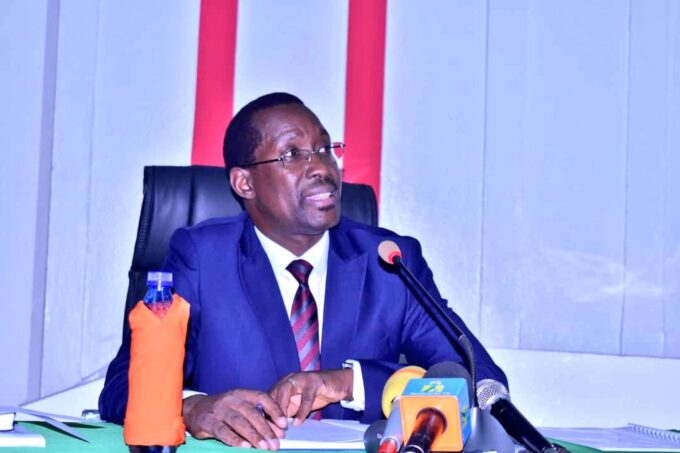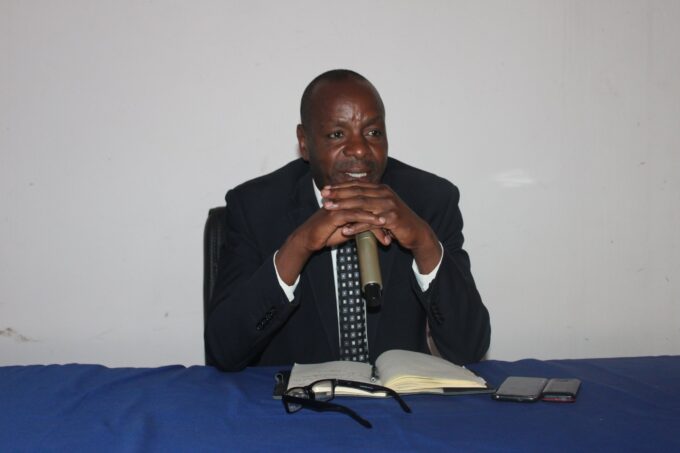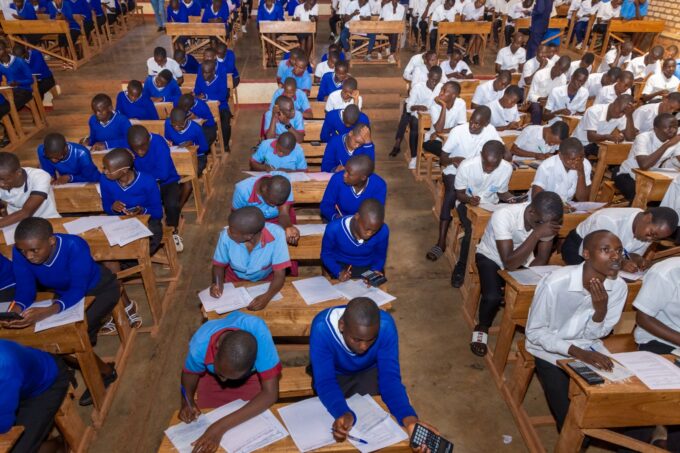On World Education Day, observed on Friday, the Union of Teaching Staff at the University of Burundi raised serious concerns about the deteriorating state of higher education in the country. Professor Désiré Nisubire, head of the union, highlighted the University of Burundi’s alarming decline in quality, as evidenced by its absence from rankings of Africa’s top 170 universities. He pointed out that, while most East African nations are represented on the list, Burundi is notably missing.
He said the University of Burundi is grappling with a severe shortage of skilled lecturers, and those who remain are leaving for better opportunities due to dissatisfaction with their salaries. Reflecting on the university’s status, he also said this year’s Education Day comes at a time when the University of Burundi is losing its stature—locally, regionally, and continentally.
Nisubire compared Burundi’s premier university with its East African counterparts, including Makerere University in Uganda, the University of Dar es Salaam in Tanzania, and leading institutions in Kenya and Rwanda. He noted that while these universities have maintained or improved their rankings, the University of Burundi has been left behind. “We don’t have a single university among Africa’s top 50, 100, or even 170. Meanwhile, neighboring countries are consistently represented, with multiple institutions in the rankings,” he said, according to the BBC.
The decline in quality, Nisubire argued, is directly tied to poor working conditions for academic staff. He highlighted the low salaries as a primary cause of the ongoing exodus of skilled lecturers. “A newly hired lecturer earns just 1,100,000 Burundian francs—less than $200 a month—despite having invested years and significant resources to earn a doctorate. It’s no surprise they leave for positions abroad offering $2,000 to $4,000 monthly,” local newspaper Iwacu quoted him as saying.
A report by the University of Burundi revealed that 41 lecturers resigned in 2024 alone, part of a broader trend of staff departures over the past five years. Since 2020, 231 staff members have left the university, with many seeking better-paying opportunities abroad or in the private sector. The University of Burundi’s rector, Audace Manirambona, wrote to the Minister of Education in December, warning that the staff exodus was disrupting the institution’s operations and jeopardizing the quality of education.
Manirambona’s letter described the situation as dire, stating, “This wave of staff departures threatens to disrupt the smooth running of our institution and compromise the quality of education.” The remaining lecturers are increasingly overburdened, with some forced to teach across undergraduate, master’s, and doctoral programs simultaneously. “How can the university expand when student numbers are increasing, but lecturers are decreasing?” Nisubire questioned. “This unsustainable workload is severely impacting the quality of education.”
The challenges at the University of Burundi mirror broader issues plaguing the country’s education sector. This week, the Federation of National Education and Teaching Unions of Burundi (FENASSEB) raised alarms over widespread teacher shortages, inadequate teaching materials, and a surge in student dropouts.
Speaking to local media, FENASSEB president Antoine Manuma revealed that over 10,000 additional teachers are needed to meet demand. He attributed the shortage to retirements, resignations, and poor working conditions. “The overcrowding of classrooms, coupled with inadequate facilities, is severely affecting students’ ability to learn,” Manuma said. He noted that many students lack desks and are forced to sit on the floor, further hindering their educational experience.
The dropout crisis is worsening, with over 6,000 students abandoning school in Kirundo Province during the first trimester of the 2024–2025 academic year. Kayanza Province reported over 4,300 dropouts in the same period, including 2,316 boys and 1,993 girls. Contributing factors include poverty, lack of awareness about the value of education, and limited job opportunities for graduates.
“These trends are not limited to one region,” Manuma said. “Other provinces, such as Ruyigi, are also witnessing declining enrollment, despite the availability of educational facilities.”
Both Nisubire and Manuma call on the government to prioritize education and address these systemic issues. Nisubire emphasized the need for competitive salaries to retain highly qualified lecturers. “The government of Burundi must view education as a priority,” he said. “How can a country fail to retain 500 lecturers with doctoral degrees? Without adequate investment, the future of education in Burundi remains bleak.”
FENASSEB echoed these concerns, criticizing the government’s slow response to the crisis. “The lack of support for teachers and the education system is eroding the quality of learning in this country,” Manuma said. “The government must work with all stakeholders to find sustainable solutions.”








Leave a comment